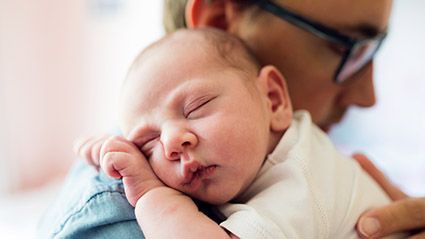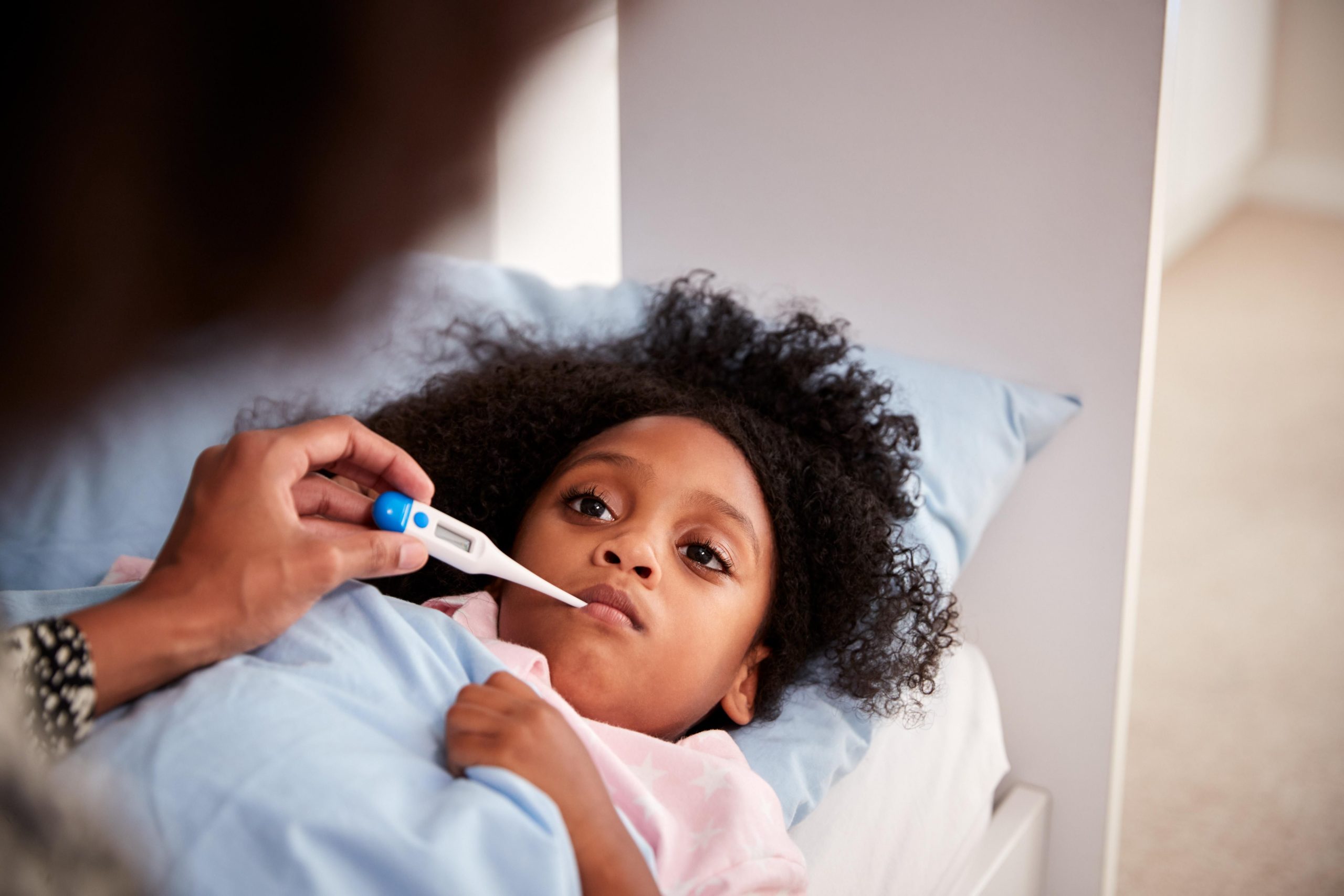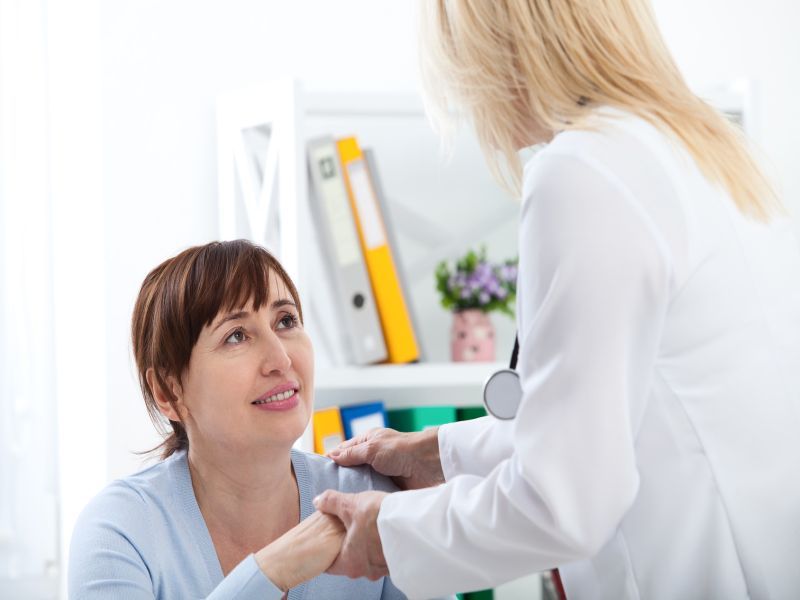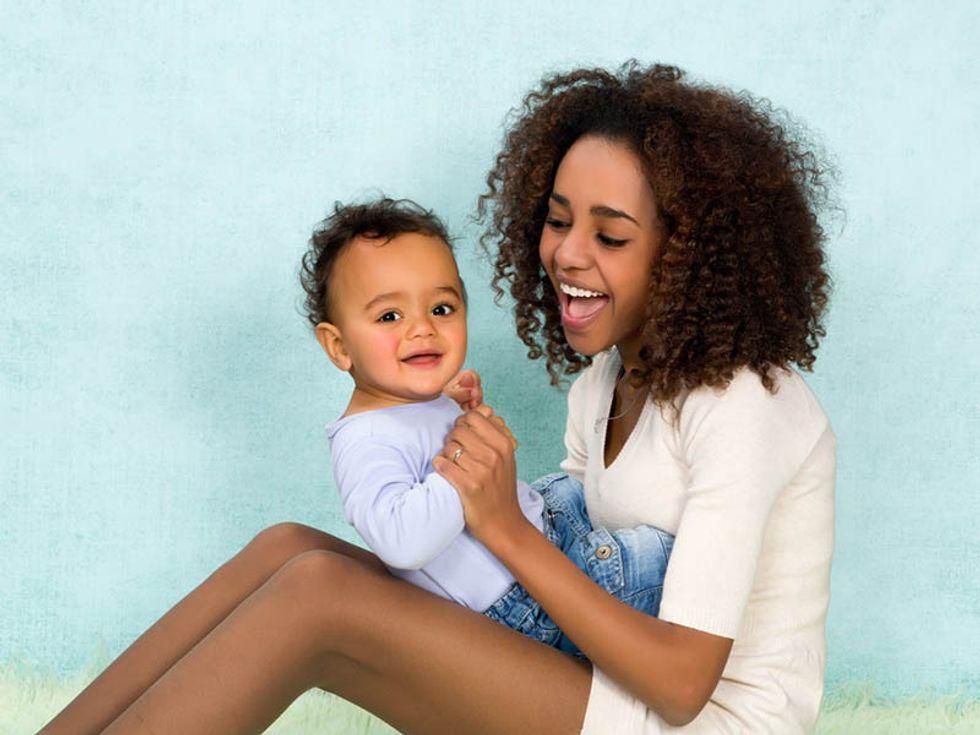
Let’s talk about menopause and its impact on your sex life. We all know that this phase of life can bring about some changes, like a lower sex drive and vaginal dryness. But here’s the thing: you don’t have to suffer through it. In this article, we will break down how menopause affects your sexual… read on > read on >






























